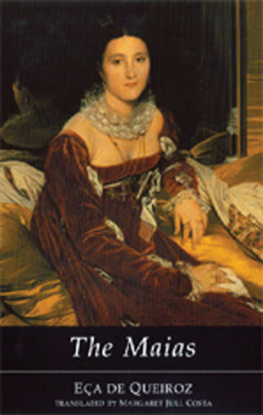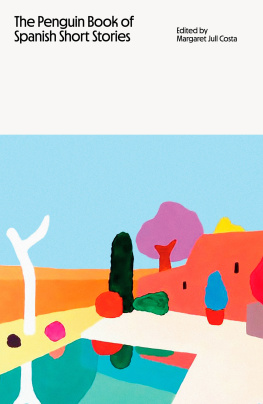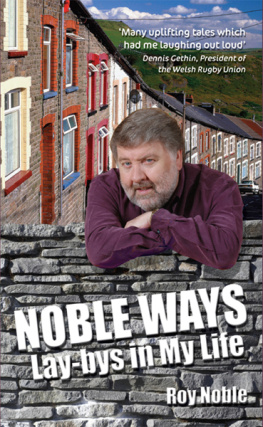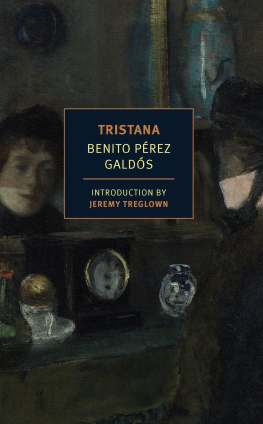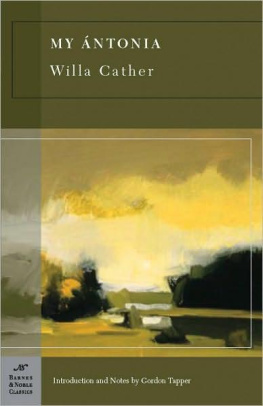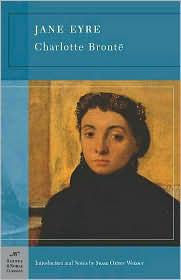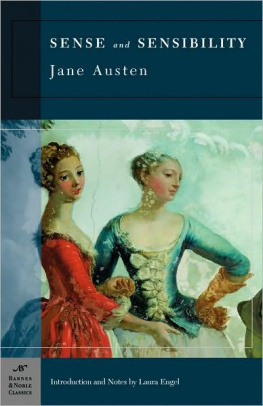
Ea de Queiroz
The Maias
Episodes from Romantic Life
Translated and with an introduction by Margaret Jull Costa

Published in the UK by Dedalus Limited, 24-26, St Judiths Lane, Sawtry, Cambs, PE28 5XE
Email:
www.dedalusbooks.com
ISBN printed book 978 1 903517 53 6
ISBN e-book 978 1 907650 33 8
Dedalus is distributed in the USA and Canada by SCB Distributors, 15608 South New Century Drive, Gardena, CA 90248
email:
Dedalus is distributed in Australia by Peribo Pty Ltd.
58, Beaumont Road, Mount Kuring-gai, N.S.W. 2080
email: info@peribo.com.au
Publishing History
First published in Portugal in 1888
First published by Dedalus in 2007
First e-book edition 2011
Translation, introduction and notes Margaret Jull Costa 2007
The right of Margaret Jull Costa to be identified as the translator of this work has been asserted by her in accordance with the Copyright, Design and Patent Act, 1988
Printed in Finland by WS.Bookwell
Typeset by Refine Catch Ltd, Bungay, Suffolk
This book is sold subject to the condition that it shall not, by way of trade or otherwise, be lent, resold, hired out or otherwise circulated without the publishers prior consent in any form of binding or cover other than that in which it is published and without a similar condition including this condition being imposed on the subsequent purchaser.
A C.I.P. listing for this book is available on request.
Portuguese Literature from Dedalus
Dedalus, as part of its Europe 19922012 programme, with the assistance of The Portuguese Book Institute, The Cames Institute in Lisbon and The Calouste Gulbenkian Foundation, has embarked on a series of new translations by Margaret Jull Costa of some of the major classics of Portuguese Literature.
Titles so far published:
Cousin Bazilio Ea de Queiroz
The Crime of Father Amaro Ea de Queiroz
The Maias Ea de Queiroz
The Mandarin (and other stories) Ea de Queiroz
The Relic Ea de Queiroz
The Tragedy of the Street of Flowers Ea de Queiroz
Lcios Confession Mrio de S-Carneiro
The Great Shadow (and other stories) Mrio de S-Carneiro
The Dedalus Book of Portuguese Fantasy editors Eugnio Lisboa and Helder Macedo
Forthcoming titles include:
The City and the Mountains Ea de Queiroz
The Illustrious House of Ramires Ea de Queiroz
THE TRANSLATOR
Margaret Jull Costa has translated many Portuguese, Spanish and Latin American writers, amongst them Ldia Jorge, Jos Saramago, Carmen Martn Gaite, Rafael Snchez Ferlosio and Luis Fernando Verissimo. Her most recent prize was the 2006 Premio Valle-Incln for her translation of Your Face Tomorrow: Fever and Spear by Javier Maras.
ACKNOWLEDGEMENTS
The translator would like, as always, to thank Maria Manuel Lisboa and Ben Sherriff for all their help, advice and support.
INTRODUCTION
Jos Maria de Ea de Queiroz was born on 25th November 1845 in the small town of Pvoa de Varzim in the north of Portugal. His mother was nineteen and unmarried. Only the name of his father a magistrate appears on the birth certificate. Following the birth, his mother returned immediately to her respectable family in Viana do Castelo, and Ea was left with his wetnurse, who looked after him for six years until her death. Although his parents married later when Ea was four and had six more children, Ea did not live with them until he was twenty-one, living instead either with his grandparents or at boarding school in Oporto, where he spent the holidays with an aunt. His father only officially acknowledged Ea as his son when the latter was forty. He did, however, pay for his sons studies at boarding school and at Coimbra University, where Ea studied Law, and was always supportive of his writing ambitions. After working as the editor and sole contributor on a provincial newspaper in vora, Ea made a trip to the Middle East. Then, in order to launch himself on a diplomatic career, he worked for six months in Leiria as a municipal administrator, before being appointed consul in Havana (187274), Newcastle-upon-Tyne (187479) and Bristol (187988). In 1886, he married Emlia de Castro with whom he had four children. His last consular posting was to Paris, where he served until his death in 1900.
He began writing stories and essays as a young man and became involved with a group of intellectuals known as the Generation of 70, who were committed to reforms in society and in the arts. He published four novels and one novella during his lifetime: The Crime of Father Amaro (3 versions: 1875, 1876, 1880), Cousin Bazilio (1878), The Mandarin (1880), The Relic (1887) and The Maias (1888). His other novels were published posthumously: The City and the Mountains, The Illustrious House of Ramires, To the Capital, Alves & Co., The Letters of Fradique Mendes, The Count of Abranhos and The Tragedy of the Street of Flowers.
The Maias was written over a period of eight years and started out as part of a projected series of novels, entitled Scenes from Portuguese Life. The Maias was originally to be published as a serial in the newspaper Dirio Portugal, but when the novel continued to expand into something much larger, Ea wrote his delightful novella The Mandarin to be serialised in its place, while The Maias continued to grow. What the novel grew into was not so much an historical panorama of nineteenth- century Portugal although it does span nearly seventy years from 1820 to 1887 as a portrait of a society in unstoppable moral decline. The Maia family, an old and never very numerous Beira family, now consists of Afonso and his grandson Carlos. Afonso represents the old Portugal of old- fashioned, but liberal values; Carlos is apparently the new Portugal well-educated, socially-minded and full of modern ideas. However, Carlos, for all his intelligence and good intentions, is incapable of carrying through his medical and scientific ambitions, and is really much more interested in the arts, in getting the dcor of his consulting rooms just right, in having fine horses and fine carriages, and in turning a fine phrase. He is morally and emotionally adrift, and, significantly, the one irresistible impulse in his life carries him into a passionate, but doomed relationship and, thereafter, into a series of sterile, transient affairs. Like the attempt to modernise Lisbon the construction of the grand new Avenida which Carlos visits on his brief return to Portugal everything he does swiftly runs out of breath and grinds to an almost immediate halt among piles of gravel.
Despite the strict upbringing given him by his grandfather, what predominates ultimately in Carlos character is the rather flabby romanticism of his father, Pedro da Maia. Indeed, his great friend Ega, says in the final scene: And what are we, if not romantics? What have we been since we were at school, since we were sitting our Latin exam? Romantics, which is to say, inferior individuals ruled in life by feelings and not by reason. Except that when the truth is revealed about Maria Eduarda, Carlos does not, like his father, take the classic Romantic step of committing suicide, he goes off travelling and ends up living a life of luxurious and vapid idleness in Paris.
Next page
